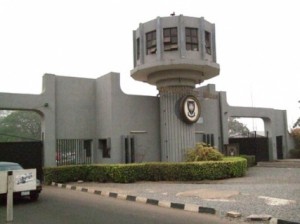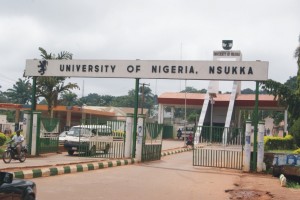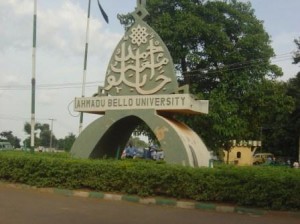Insufficient awareness and lack of capacity to promote best practices have been identified as key barriers to the development of energy efficiency in Nigeria. This was the major observation a week ago in Abuja when representatives of the nation’s 128 state, federal and private universities gathered to explore ways to promote energy efficiency best practices and conservation in the Ivory Tower.

The university community has been identified as a major consumer of electricity such that a huge potential exist to save significant amount of energy in the sector. Observers believe that the universities are also well positioned to help spread the national energy efficiency culture.
Consequently, the Energy Commission of Nigeria (ECN), Federal Ministry of Environment (FME) and the United Nations Development Programme/Global Environment Facility (UNDP/GEF) in partnership with the National Universities Commission (NUC) held a day-long forum themed: “Promoting Energy Efficiency Best Practices and Conservation in Nigerian Universities”.

The event was aimed at enhancing the capacity of Nigerian universities to develop strategies and programme to reduce energy demand in their various campuses; and to enhance the capacity of Nigerian universities to promote best energy efficiency best practices and conservation.
Participants observed that there is absence of effective electricity metering systems in most of the universities, even as several offices, laboratories and residential buildings in the campuses are not metered, leading to high tendency to waste energy.
Apart from the use of inefficient appliances and poor consumer behavior that leads to energy wastage, many of the universities, participants submitted, do not have programmes and policies to promote energy efficiency best practices and conservation.

The university community is well positioned to spread the energy efficiency culture by integrating energy efficiency study into the university curriculum, they added, but lamented that this is currently absent in the university system.
It was likewise noted that most of the buildings in university campuses were built without putting into consideration the efficiency of the buildings, and that there are no incentives to encourage research and development (R & D) in the area of energy efficiency, leading to dearth of research material in this area.
It was however suggested that the NUC should partner with ECN and the UNDP/GEF to introduce energy efficiency studies into universities curriculum as General Studies. Likewise, participants want prepaid metering system installed in all the buildings and offices within the university campuses including staff quarters, shops and student hostels.
In a communiqué released at the close of the session, participants submitted: “Sensitisation on energy efficiency and conservation should be conducted regularly in universities to change behavior and attitudes of students and staffers.
“The universities should develop programmes and policies to promote energy efficiency culture in their various campuses, while government should make funds available in the national budget to support energy efficiency research and development.
“Yearly energy audit should be carried out in all universities and the audit should guide budgetary process in the institutions. Government should develop energy performance standards that will regulate the production, importation, distribution end-use appliances in the country.
“Government should provide incentives and subsidy to support the retrofitting of building in universities, which should conduct regular training for staff members and students on the importance of energy efficiency best practices. New designs, constructions and equipment supplies to all universities must represent energy efficiency application.”
Dignitaries present at the meeting include the Minister of Science and Technology, Prof. Ita Okon Bassey Ewa (who was represented by Dr. Mrs. Grace Ogolo, Deputy Director in the Ministry of Science and Technology); Director-General of the ECN, Prof. E. J. Bala; Minister of Power, who represented by the Dr. Godknows Igali Permanent Secretary, Federal Ministry of Power; Executive Secretary of the NUC, Prof. Julius Okojie; who was represented by Prof. Adebisi Balogun; and Minister of Environment who was represented by the Mr. M. T. Abu, Director of Planning Research and Statistics, in the ministry, and the GEF Operational Focal Point for Nigeria.
Etiosa Uyigue, National Project Coordinator, UNDP GEF Energy Efficiency Programme, states that the overall objective of the project is to improve the energy efficiency of series of end-use appliances used in residential and public sectors in Nigeria through the introduction of standards and labels and demand-side management programmes.
The project, he adds, will assist government to increase access to electricity and at the same time mitigate the emission of greenhouse gases resulting from energy generation.
